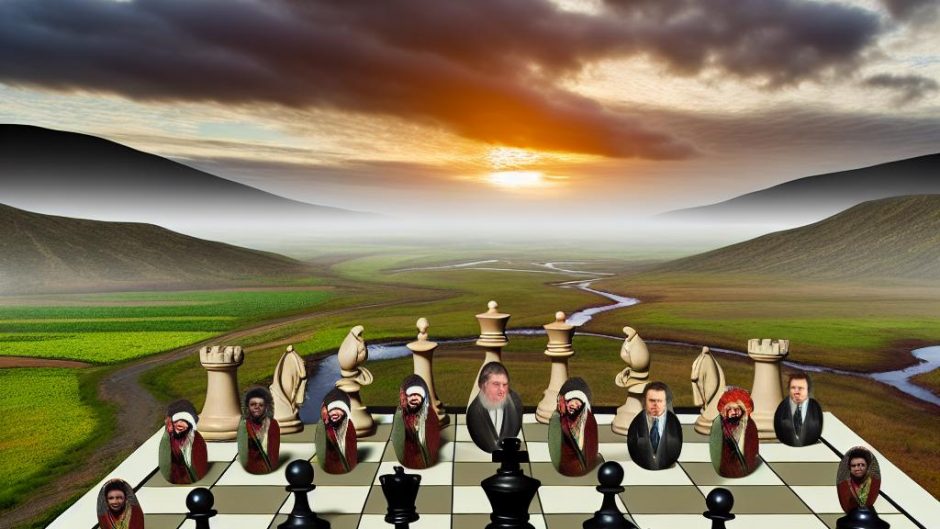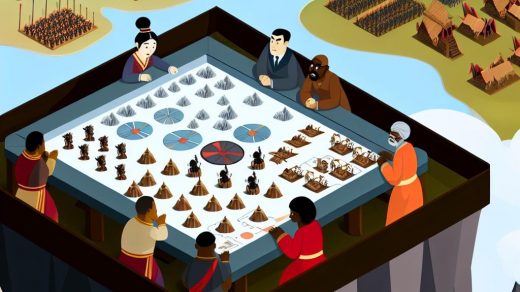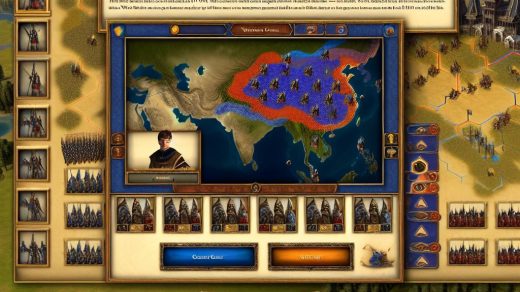Understanding the Context of Rebellions
Rebellions, by their nature, are complex phenomena usually rooted in a spectrum of grievances encompassing political, social, and economic aspects. Effectively addressing such uprisings necessitates a deep understanding of their causes and contexts. Unpacking the specific conditions surrounding any rebellion is vital for formulating a response that ensures stability and peace.
Identifying Root Causes
To navigate the intricate web of factors leading to a rebellion, identifying the root causes is crucial. This process involves a comprehensive examination of the local environment and understanding the specific grievances held by the population. Common catalysts for rebellions may include perceived governmental neglect, ethnic or religious persecution, economic disparity, or calls for greater political autonomy. Each of these factors requires detailed scrutiny to inform a strategy aimed at sustainable peace.
Perceived Governmental Neglect: Often, citizens may rise against a state they believe has failed to provide adequate services or protect their rights. In such cases, the lack of trust in government institutions plays a significant role.
Ethnic or Religious Discrimination: Discrimination based on ethnicity or religion can contribute significantly to unrest. When groups believe they are being treated unfairly or are marginalized, it lays a fertile ground for rebellion.
Economic Disparity: Widespread poverty and inequality can fuel discontent among the populace, particularly if certain groups are consistently disadvantaged economically.
Calls for Greater Autonomy: In regions with distinct ethnic or cultural identities, there might be desires for more self-governance or independence, leading to tensions if such aspirations aren’t met.
Political Solutions
One productive way to address rebellion is through political engagement. Dialogue with leaders of the rebellion could reveal avenues for political compromise. These negotiations could involve granting concessions, changing policies, or introducing reforms that address the movement’s core grievances. It’s often effective to involve neutral mediators in these discussions to ensure the negotiations are fair and transparent. Political solutions demand patience and creativity but are essential for addressing long-term discontent.
Economic Interventions
Economic deprivation is a significant driver of rebellion. To mitigate this, there needs to be an effort to redistribute resources equitably, increase employment, and invest in improving local infrastructure. Implementing development programs targeted at economic empowerment can help diminish support for insurgents by addressing one of the root causes of their grievances.
Additionally, development must be sustainable, aiming for long-term growth rather than just immediate relief. Such initiatives can support communities in becoming economically self-sufficient, reducing the allure of insurgency as an option for change.
Strengthening Governance
Good governance is an essential element in both preventing and addressing rebellions. Building strong institutions, ensuring transparency, and demanding accountability can help to foster trust between the government and its citizens. Actions to improve governance might include capacity-building initiatives or efforts to foster inclusive political processes where all citizens feel represented and heard.
Strengthening governance requires commitment. It involves rooting out corruption, promoting a fair judicial system, and creating processes that allow citizen participation in decision-making. These actions can help build a robust state that resists destabilization attempts.
Security Measures
Although fostering political dialogue and implementing economic interventions are critical, ensuring the security of civilians and maintaining order is also a priority. This might involve deploying security forces effectively to prevent violence and protect civilians. However, it is imperative that these operations respect human rights and the rule of law. Ensuring security without escalating tensions requires careful planning and restraint from security forces to avoid exacerbating the situation.
Role of the International Community
The international community can serve a supportive role in mitigating rebellions. Through facilitating dialogue, offering technical assistance, or providing economic aid, international actors can make significant contributions. Additionally, employing the influence of regional organizations can be especially beneficial. Such organizations often possess a nuanced understanding of local dynamics and can mediate effectively.
International involvement should be sensitive to the sovereignty of nations and aim to complement internal efforts rather than overshadow them. By promoting peace and stability, the international community can positively impact internal conflicts.
Building Long-term Stability
To achieve enduring stability, we must address the underlying structural factors that lead to rebellion. Promoting inclusive governance and fostering economic development are fundamental steps. Moreover, creating systems that allow for peaceful conflict resolution is essential. This process includes engaging civil society meaningfully and strengthening democratic institutions to ensure that grievances are addressed constructively.
Investing in education and social awareness can play a pivotal role in preventing future conflicts. By cultivating a culture of dialogue and understanding, societies can become more resilient to sparks of rebellion.
Historical Examples
There exists a wealth of historical cases where governments have successfully managed rebellions through an amalgamation of political, economic, and security strategies. By examining these instances, one can glean valuable insights and lessons applicable to current scenarios. Learning from history can guide current leaders in creating effective strategies to deal with modern uprisings.
Recognizing patterns and drawing parallels from the past helps mold a better approach to addressing current and future rebellions, thus aiding in the formulation of policies that prioritize peace and stability.
This article was last updated on: October 17, 2025






Recent Comments